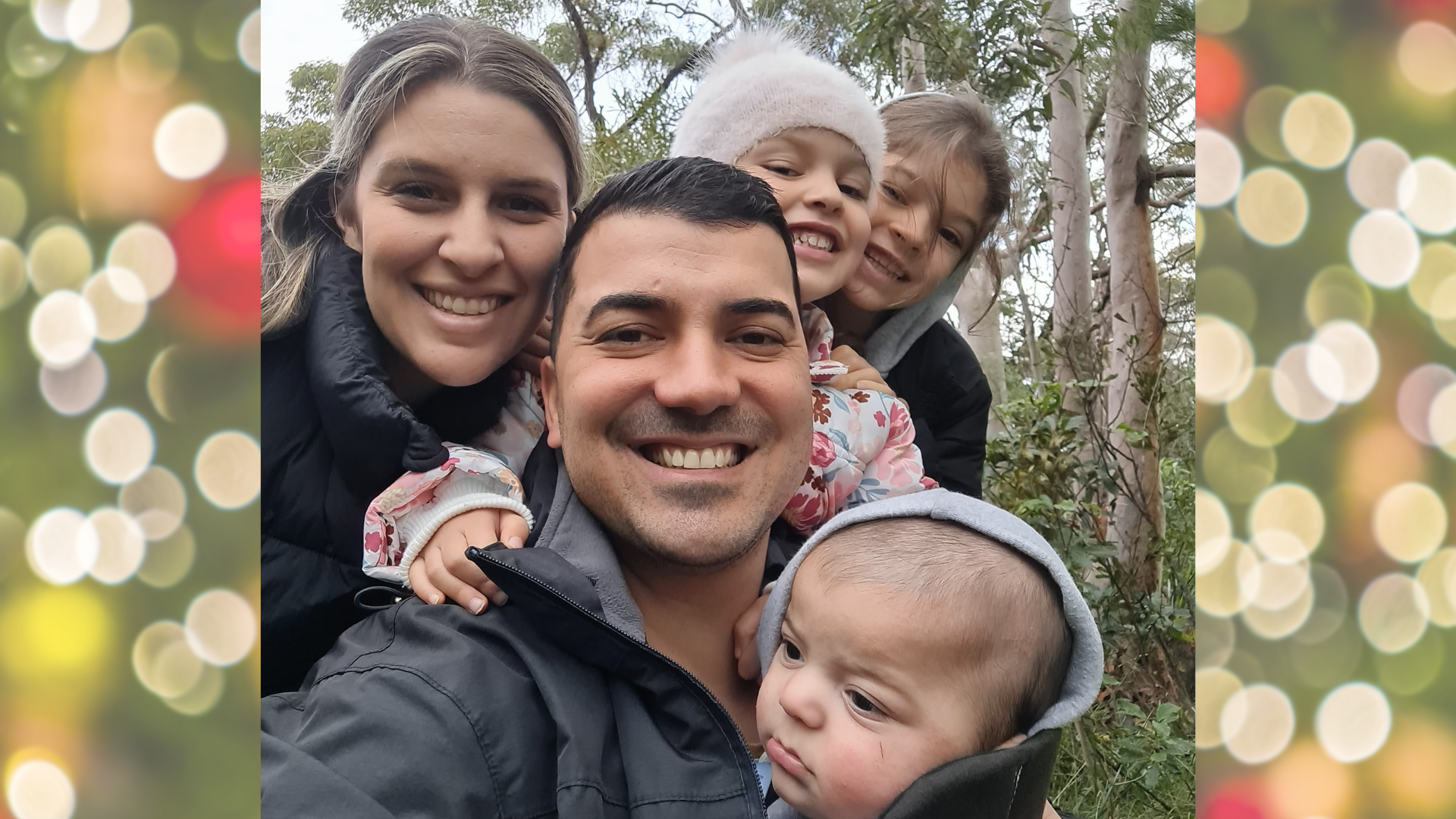By Mary Sinanidis.
Early generations of Greek and Cypriot Australians did not entertain the thought of marriage outside their culture. For this reason, early Christmases were homogenous affairs with the aromas of lamb with tzatziki and salads, and offerings of kourabiethes and melomakarona.
By the 1980s, a new generation of Greek and Cypriot Australians emerged. More integrated and adapted to Australian mainstream society, they began to marry outside their culture but still held on to the traditions.
Slowly, new elements began to creep into the Christmas table… prawns, panettone and pudding entered the multiracial mix.
George and Eileen – Vasilopita and Hogmanay
George and Eileen Bouzidis from Perth are now aged in their seventies and got married at a time when bicultural families were not the norm.
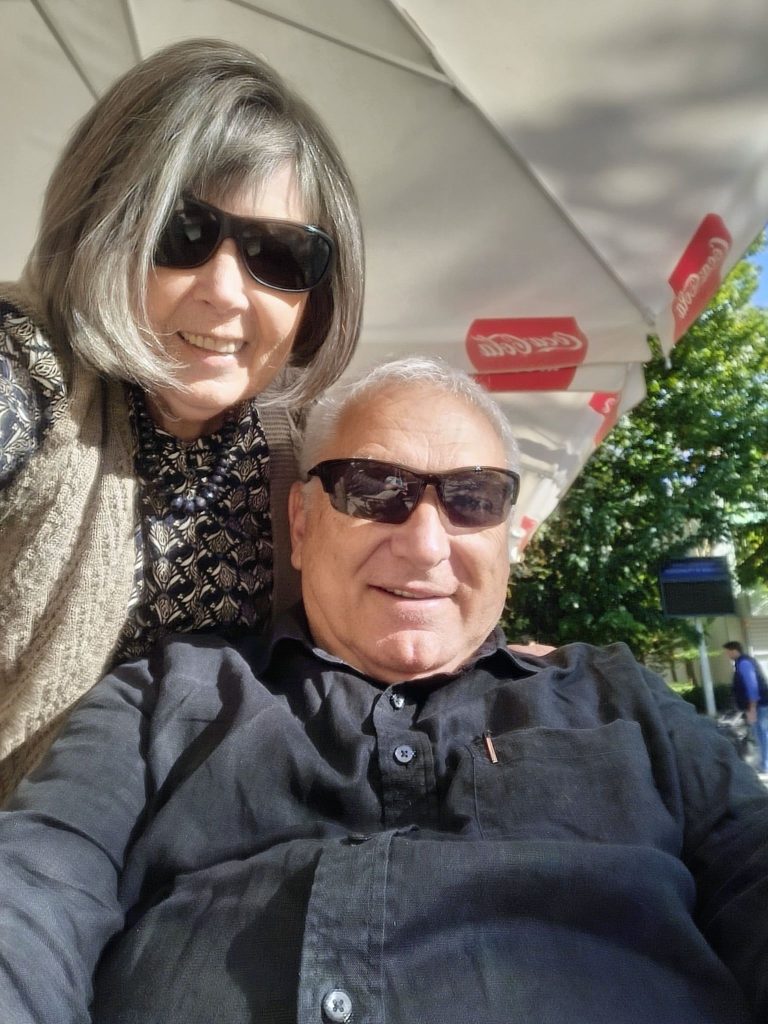
It was through George that Eileen, who is of Scottish descent, discovered the Orthodox faith and grew to embrace it. Initially they practiced their faith in the Greek Orthodox Church, but in recent years moved to the Serbian church where they practice Orthodoxy in a more fastidious way.
“It reminds me of how the Greek Church was a few decades ago,” Eileen says.
Brought up Presbyterian, Eileen remembers “jolly” childhood celebrations with all the trimmings.
“Growing up, we baked shortbread and went over-the-top with decorations, and being Scottish, my father would practice Hogmanay customs (the Scottish tradition of first-footing and whisky-drinking rooted in Viking tradition). That was news to my husband who was all about Saint Basil and vasilopita. We’d give presents at Christmas and my Greek family would ask, ‘What’s with all this buying of Christmas presents?’”
Eileen remembers “becoming Greek” by watching her mother-in-law make Greek sweets, such as galaktoboureko, a staple at her Greek family’s Christmas table.
“As I became more Orthodox, I began to tone down the jolliness and decorations, but we continued to have shortbread and kourabiedes – the best of both worlds,” she said.
George and Eileen have four adult children, nine grandchildren and two grandchildren and biculturalism has shifted to multiculturalism as their children have married outside the Greek culture but still keep Greek elements in their Christmas celebrations.
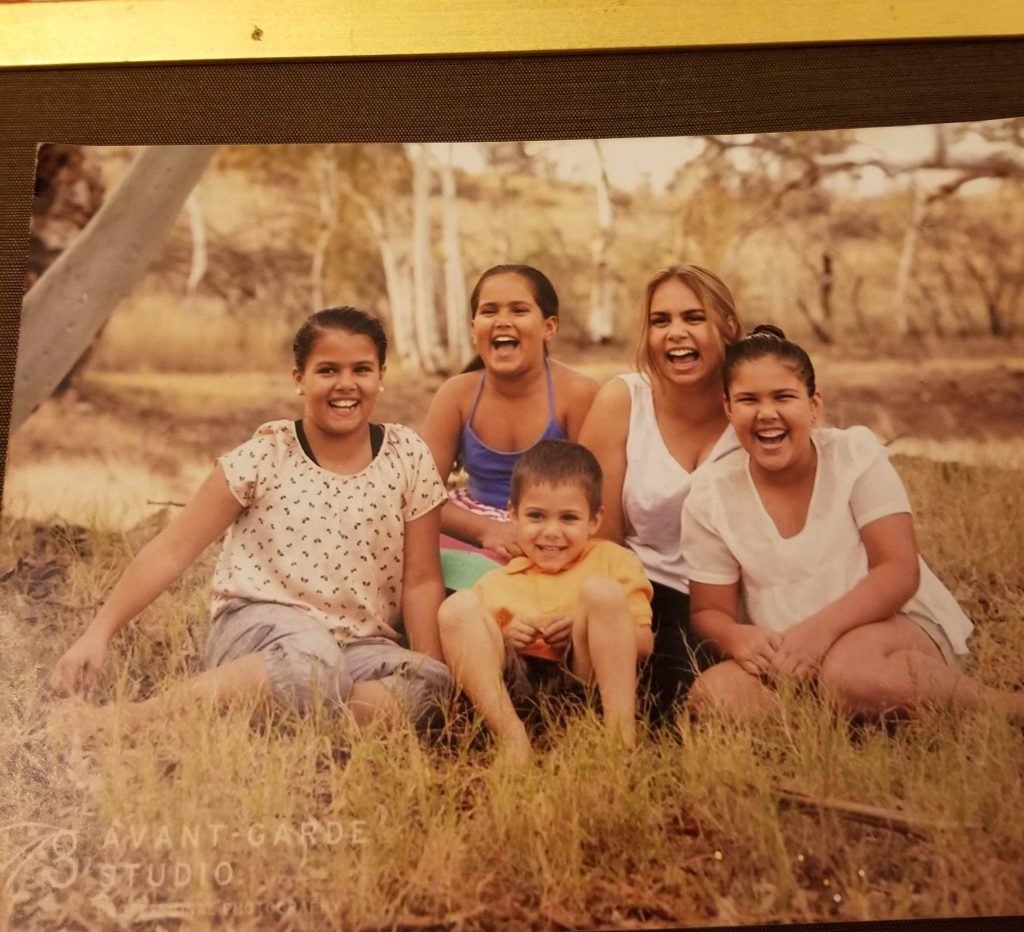
“My eldest daughter lives up north and there are no Orthodox churches but she does everything my mother-in-law did, and that’s why I gave her my mother-in-law’s Christmas platters,” Eileen said. “My middle daughter is married to an aboriginal and they have divine-looking children, whereas my eldest married a Muslim Malaysian who would enjoy Christmas trees and the food, and my younger son is in China ready to get engaged to a Chinese girl.”
Christmases these days are large family gatherings filled with Greek food but they also include other cultural elements.
“You have to love and share and make people of other cultures also feel welcome,” she said. “That’s the spirit of Christmas.”
Yigit and Georgina – Dolmades and baklava
Yigit Gunduz met his wife Georgina Erisiotis at Saturday language school in Sydney where he was studying Turkish and she was studying Greek. Both had heritage from Asia Minor, but came from different sides of the political fence. This, however, did not stop them from falling in love and bringing their families together – though this was not easy at first as there was suspicion from both sides.
As time went on, politics and prejudices were put to the side and the birth of three grandchildren brought the family closer together. So much so that last winter, Yigit used his Turkish language skills to find the family of one of pappou’s long lost cousins in Asia Minor.
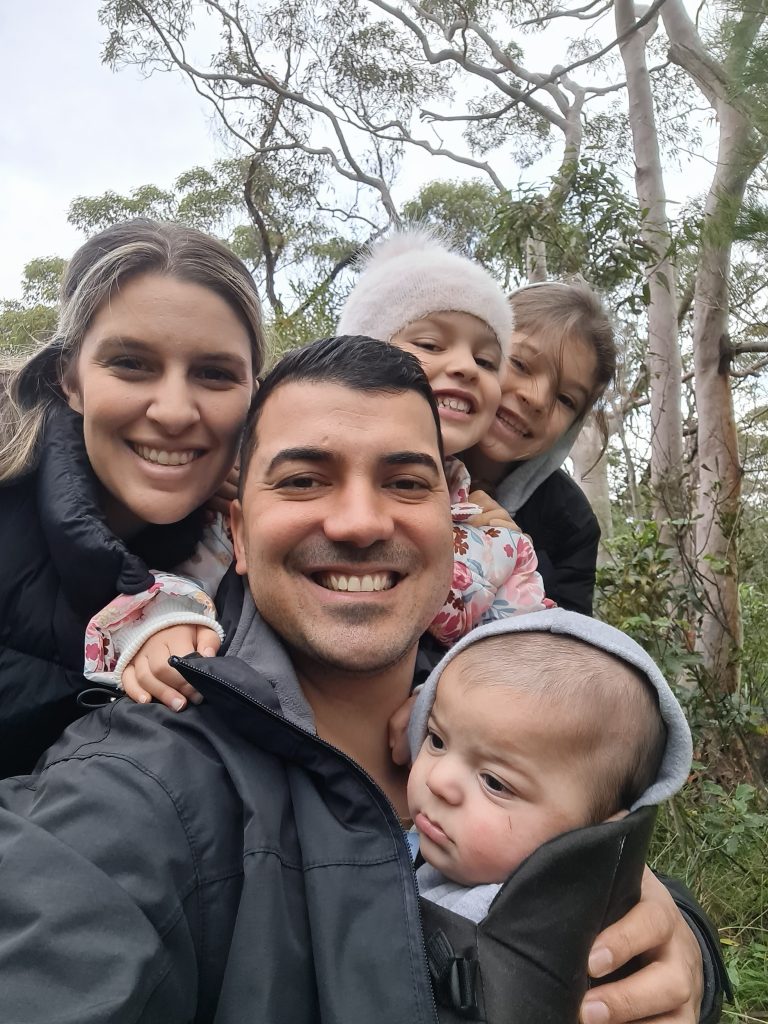
Christmas in the Gunduz-Erisiotis family is filled with savoury tastes and traditions.
“Most people in metropolitan centres of Turkey put up a tree and give presents to each other despite not being Christians. Don’t forget that we still believe in Mother Mary and respect Jesus Christ as a prophet, though the popularity of Christmas in Turkey today is mainly due to popular culture,” he says.
“Over Christmas, we go to Church as a family and visit the in-laws, and then we have a turn where someone hosts the extended family. Last year was our turn and all our relatives came over for a big barbeque and lamb on a spit, food, drinks and presents while the kids played.”
No longer sceptical of each other, the two sides of the family – Greek and Turkish – get on well.
“Our foods are very similar, with dolmades and baklava, and my mum and in-laws make the same dishes with some variations,” he says.
“We also have Vasilopita coin cutting and enjoy the traditions.”
He adds that the family, including his in-laws, also participate in Ramadan. “I would celebrate Diwali too if there was an Indian in the family,” Yigit says. “Cultures just add value to our lives.”
He said that the trick to a bicultural family is having respect. “My wife is Greek Orthodox and I’m Turkish Muslim and we’ve never tried to persuade each other that one way is better than the other and celebrate all celebrations that are meaningful to each other.”
Farrah and Spiros – Koupepia and Asian salad
Farrah (nee Tan) came to Australia from Malaysia to Melbourne to study engineering before meeting her Cypriot husband, Spiros Savva. She was brought up Buddhist but converted to Greek Orthodoxy after she married Spiros in a civil wedding ceremony.
Her journey into Orthodoxy was due to her desire to be part of his community and family.
“Initially, it was to belong, but I did religious studies before I converted and grew to understand what the faith is all about,” the mother of two young boys says, adding that her husband never “pushed or pressured” her.
“It was nice to have the same religion as a family as this unifies the household.
“Buddhism is less a religion and more a way of life which embraces other religions and is not confrontational… Interestingly, there were a lot of similar beliefs with Christianity around loving and making family a priority. The red eggs of Easter are similar to the red eggs we have, and we also celebrate the 100 days after the death of a loved one in Asian cultures.
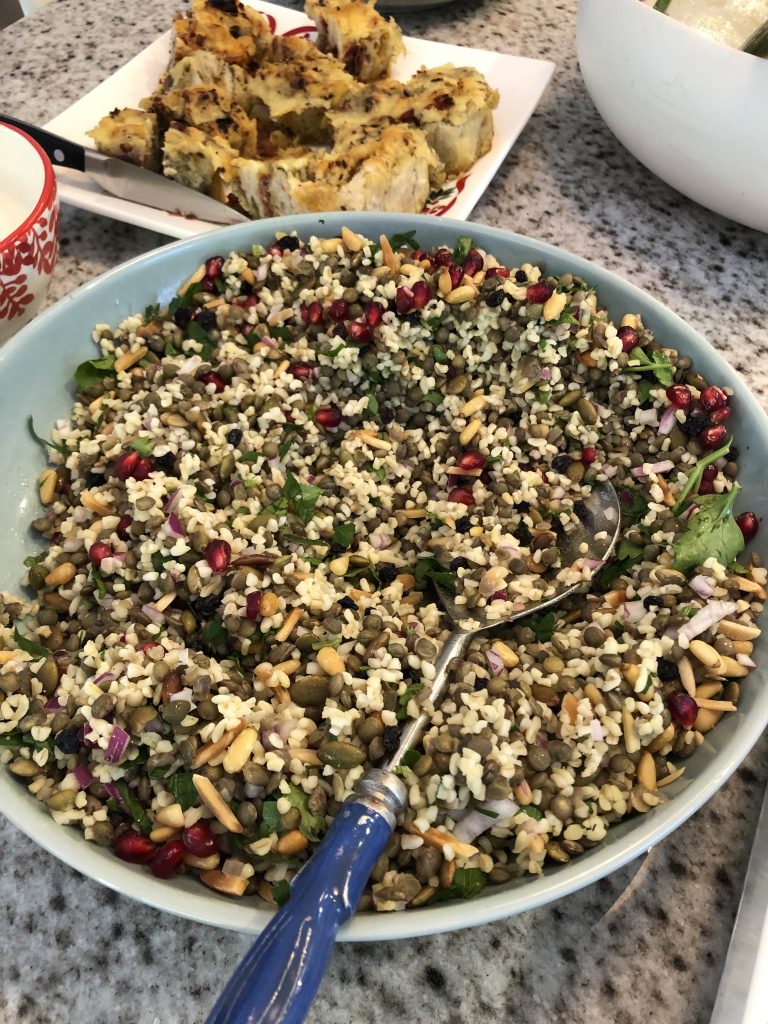

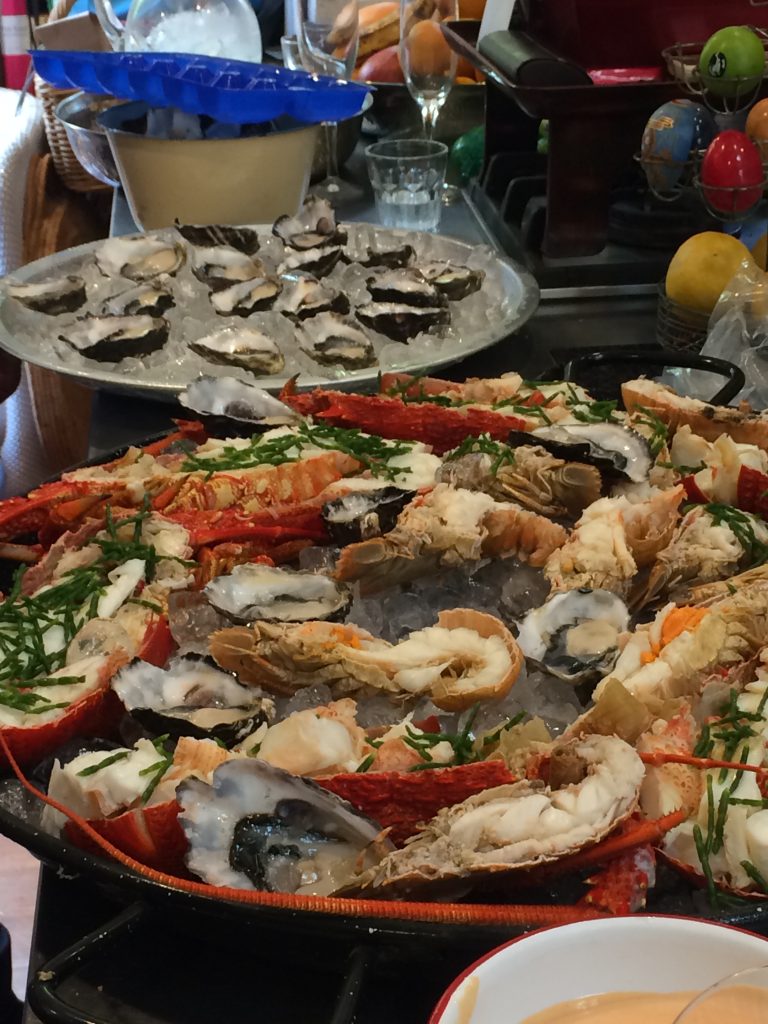
“There are some small similarities but I also learnt more about Orthodoxy before I made the decision to convert.”
Initially, both sides of the family would celebrate Christmas together, however soon the “Greek side got too big” – especially after more grandchildren came into the mix – and now they have two Christmas celebrations – Malaysian and Greek.
“Everyone is dispersed so we catch up with the Greek side of the family on Boxing Day, and there’s a lot of Cypriot cuisine to enjoy such as Koupepia (stuffed grape leaves), keftedes, lambs on skewers, souvla and the mix,” Farrah says, adding that the difficulty of getting such a large family together has meant that they cut the vasilopita on Christmas instead of New Year’s Eve, purely for practical reasons.
“My aunt lives in Geelong and we visit her separately for Christmas. She happens to be a cooking teacher, and her husband is Australian/English so we have traditional ham or chicken or a Turkey but she also brings out Asian cuisine like salmon with curry crust or a summery Asian salad with lots of coriander and parsley. She also makes her own bread, and that’s something my husband likes.”

